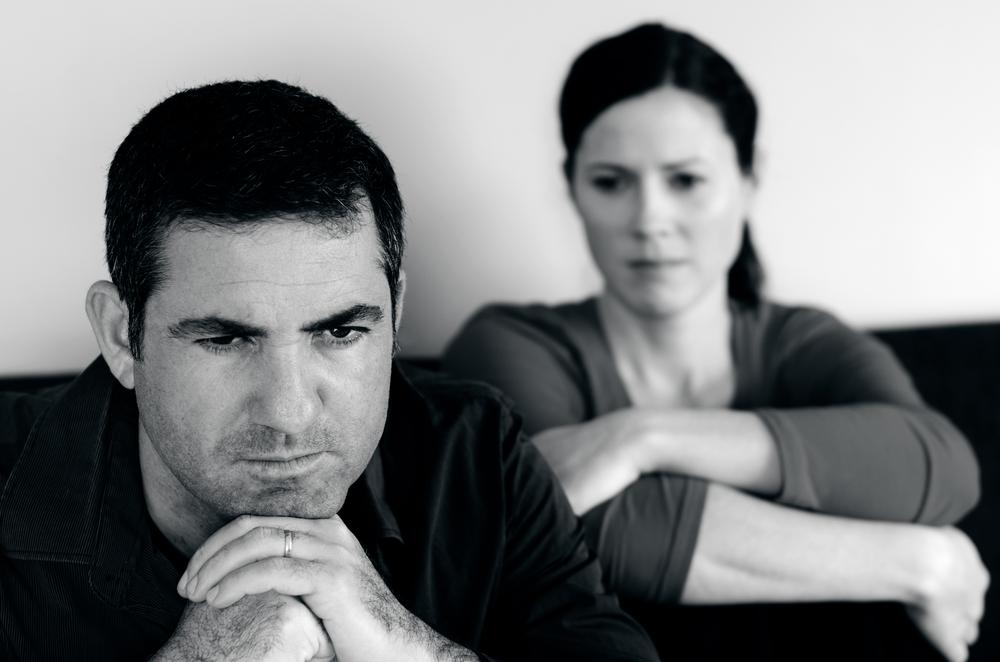As a relationship therapist, I am often asked, “What’s the biggest problem couples face?” The easy answers are money and sex, but neither would be exactly true, or at least not what I’ve observed in my office or in life.
The most common problem I see in intimate partnerships is, what I call, the battle for empathy.






